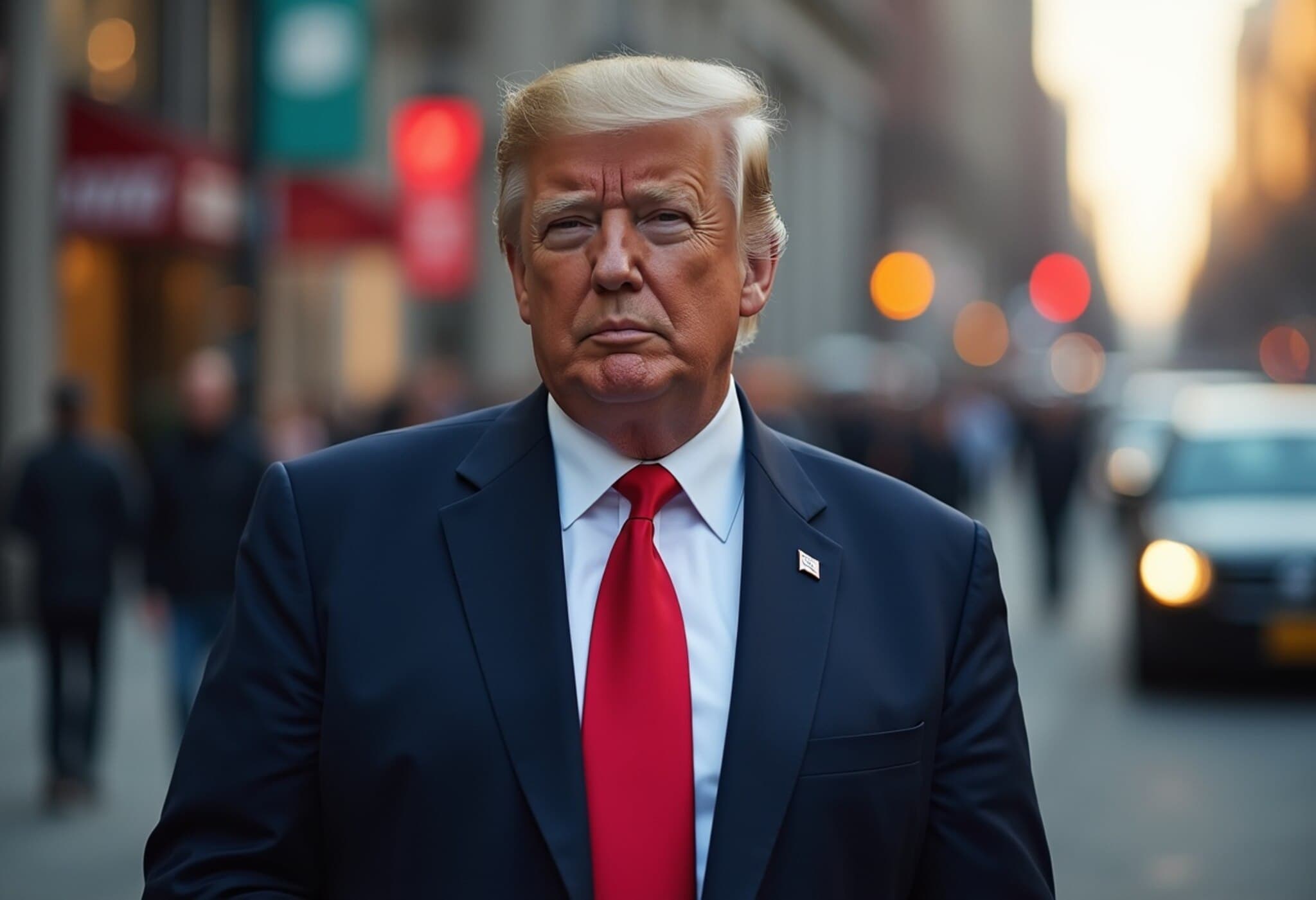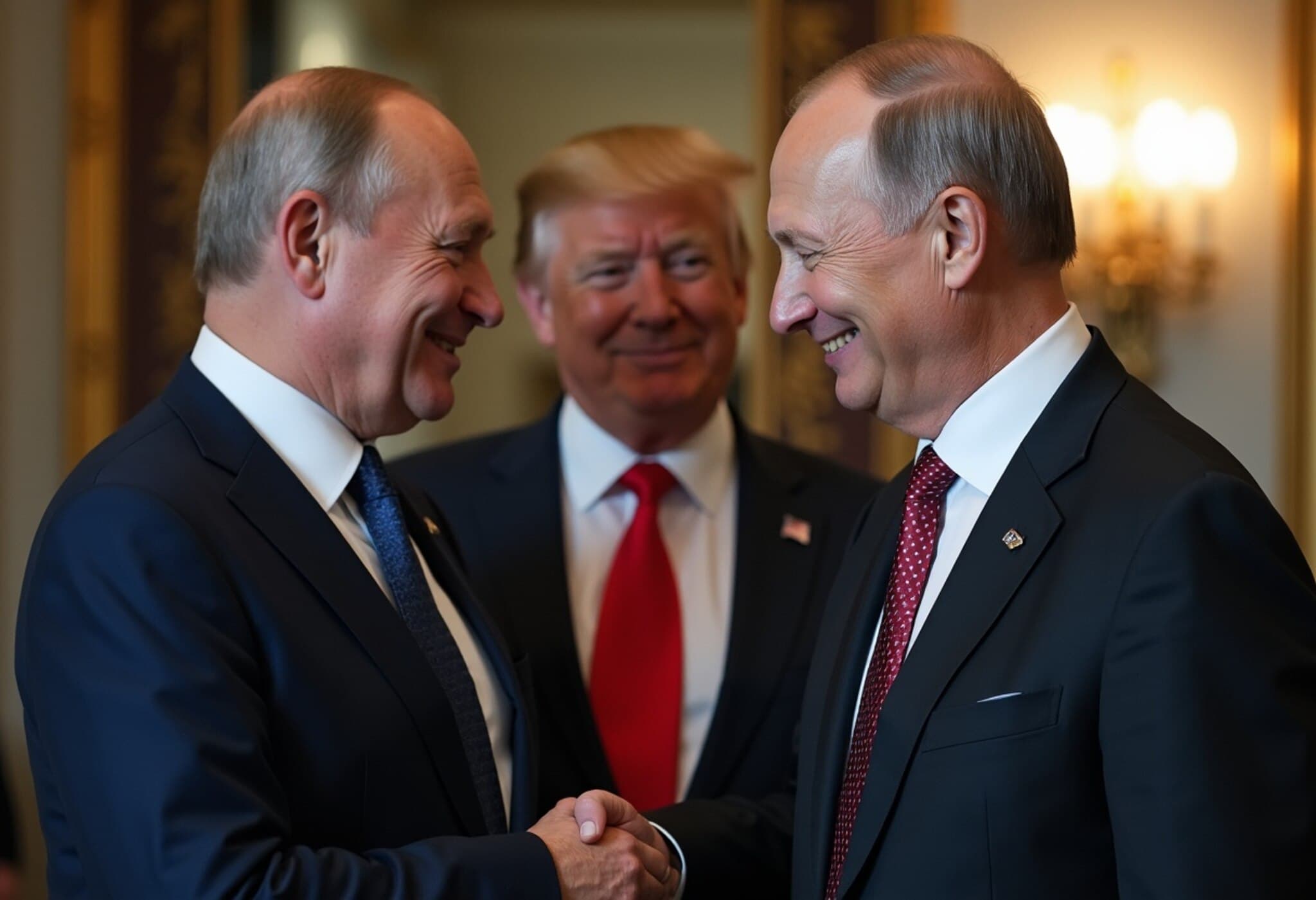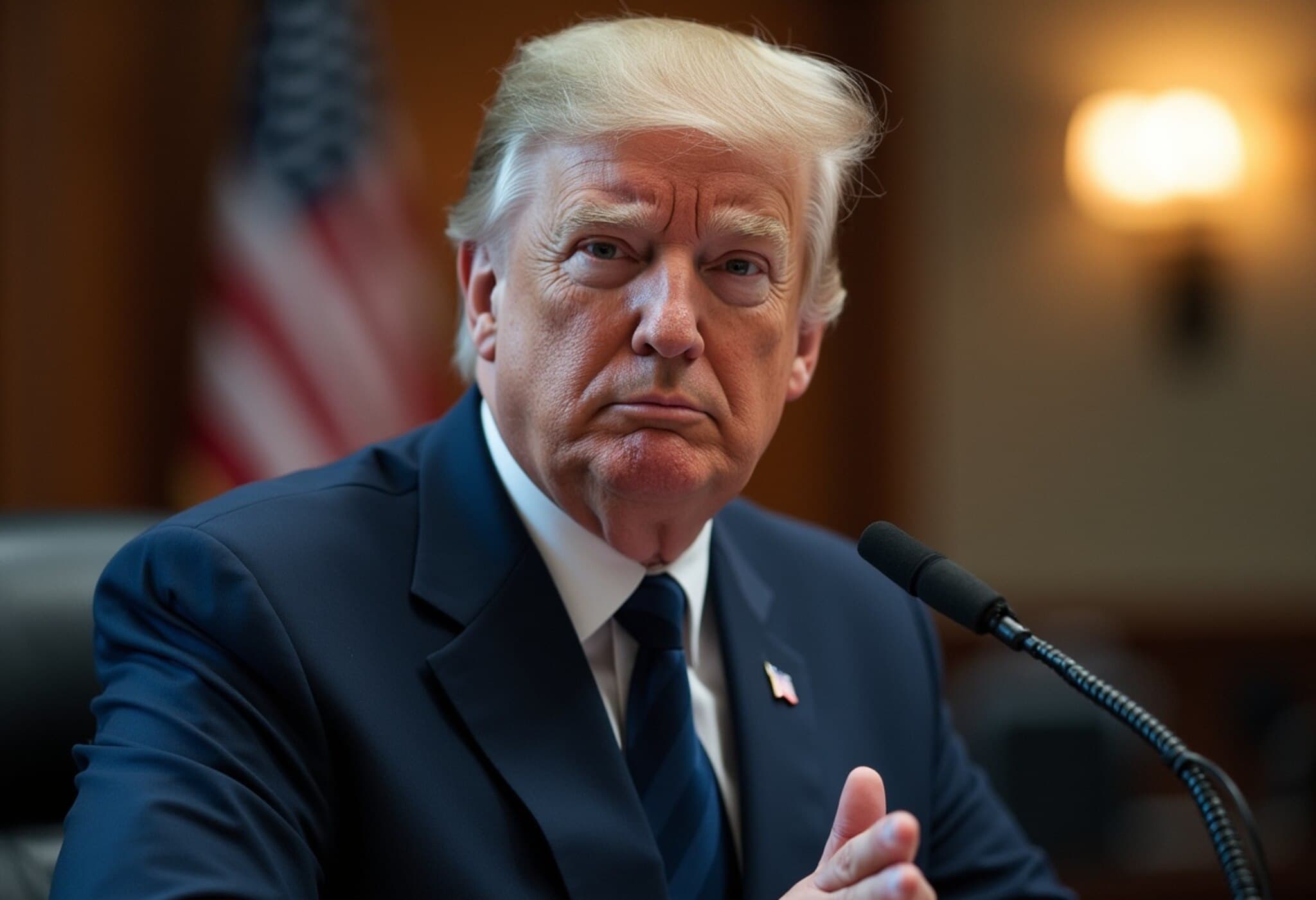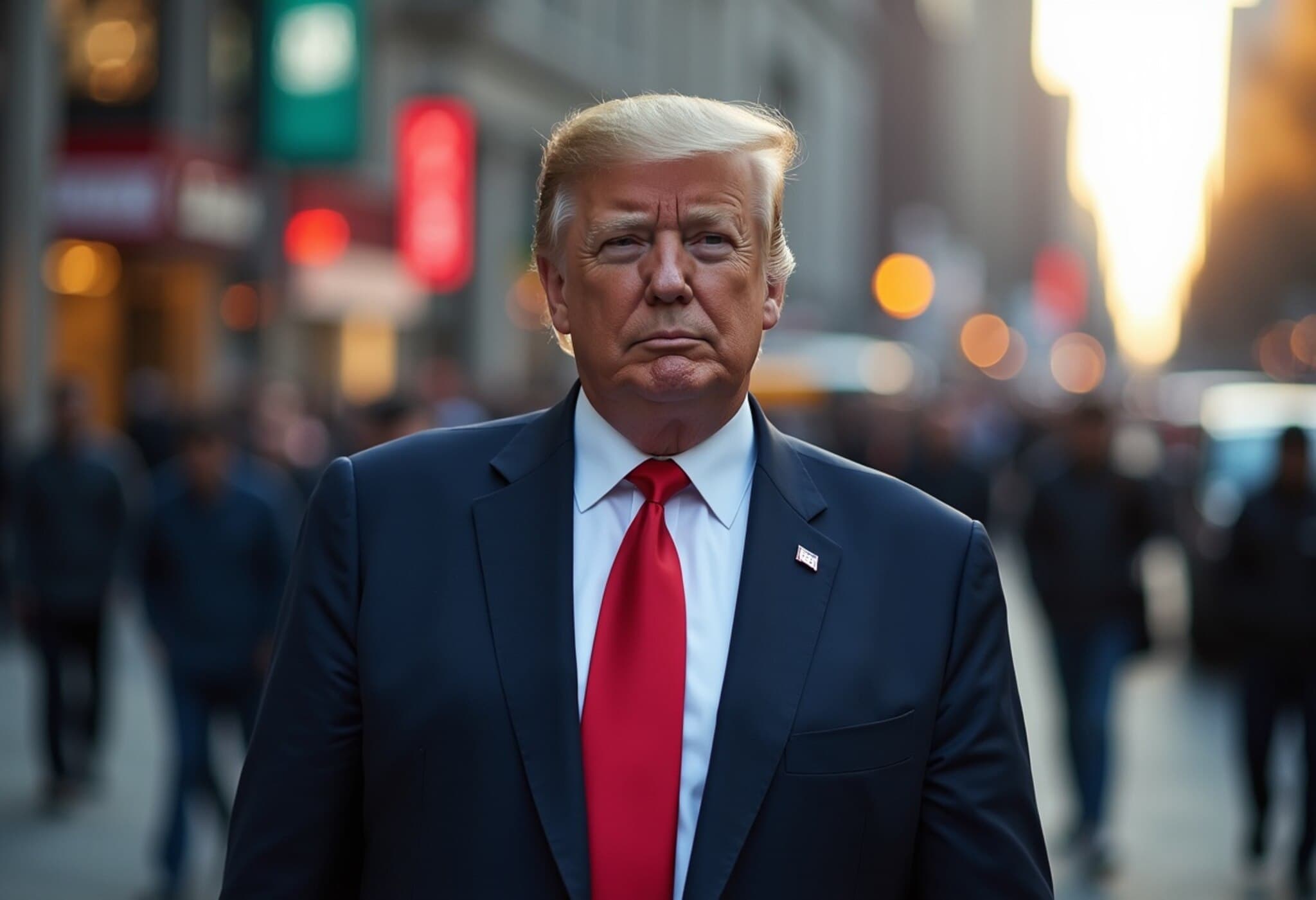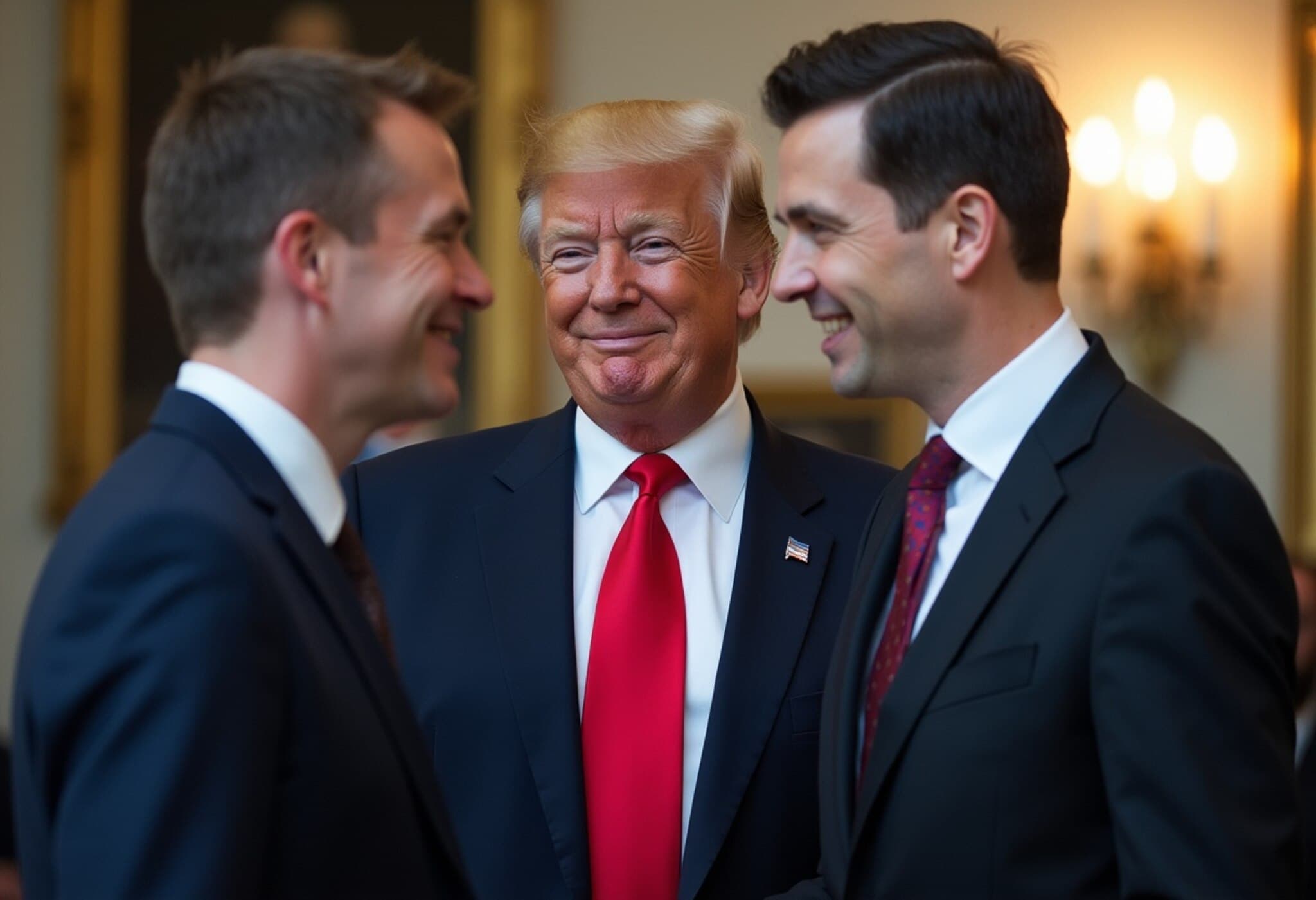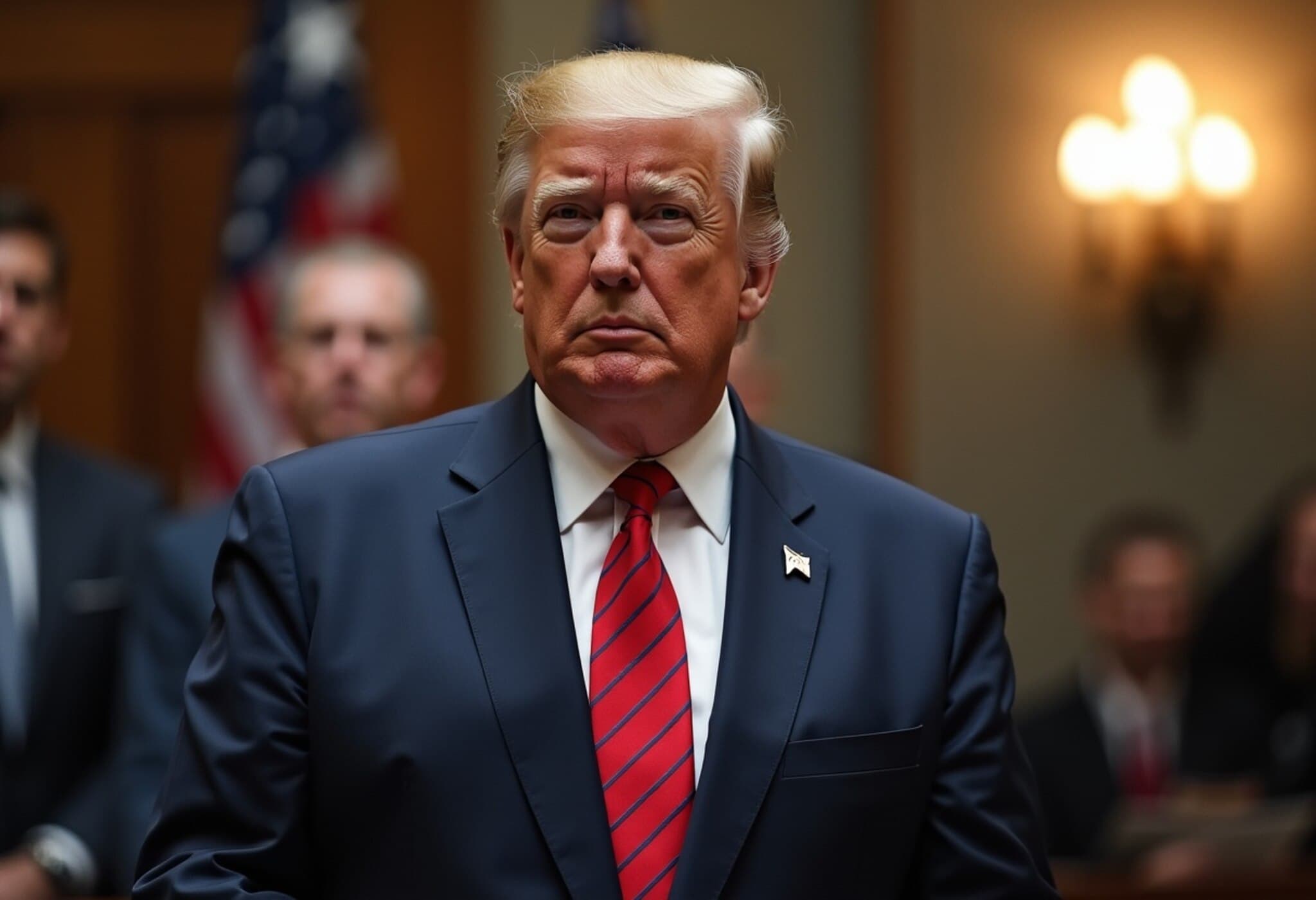US Introduces Pilot Program Requiring Bonds for Certain Visa Applicants
In a significant shift aimed at curbing visa overstays, the US State Department announced a forthcoming pilot program that could require some tourist and business visa applicants to post bonds up to $15,000. Set to launch within 15 days of its official publication in the Federal Register, this initiative targets nationals from countries with historically high rates of visa overstays and weak internal documentation controls.
Understanding the Bond Requirement
The program will ask affected applicants to post bonds in denominations of $5,000, $10,000, or $15,000 as a financial guarantee that they will depart the United States before their visas expire. This represents a more stringent attempt by the federal government to ensure compliance with visa terms and reduce unauthorized stays.
However, flexibility remains part of the program, as bonds may be waived based on individual circumstances, allowing some applicants to bypass this financial burden.
Which Applicants Will Be Impacted?
The State Department's notice specifies that the pilot targets nationals who:
- Come from countries with high visa overstay rates,
- Lack robust screening and vetting systems,
- In some cases, obtained citizenship via investment schemes without residency requirements.
While the Department has not yet disclosed the specific list of affected countries, this information will become public when the program officially takes effect.
Context: Immigration Enforcement and Policy Trends
This measure arrives against a backdrop of elevated immigration enforcement since President Trump's return to office. His administration has doubled down on border security and cracking down on illegal overstays, including instituting travel bans affecting 19 nations on national security grounds.
The bond requirement echoes broader efforts to balance open tourism and trade with national security and immigration compliance concerns.
Potential Implications and Concerns
While the bond system aims to reduce unauthorized stays, critics argue it may inadvertently deter legitimate travelers, particularly those from less affluent backgrounds, due to the high financial threshold. This raises questions about accessibility and discrimination risks, especially if targeted nations are predominantly developing countries.
Experts suggest careful monitoring of the program is essential to assess its efficacy without unnecessarily stifling international travel and economic exchange.
Looking Ahead
The pilot program offers a novel tool to enforce visa compliance but also prompts broader discussions about immigration policy balance, fairness, and diplomacy. Stakeholders - from advocacy groups to travel industries - will be closely watching the rollout and impacts of this policy.
Editor’s Note
As the US government tightens visa issuance protocols through bond requirements, the initiative underscores a persistent tension between national security priorities and hospitality to global visitors. This policy invites us to consider: How can immigration controls uphold security without creating barriers that unfairly disadvantage genuine tourists and business travelers? The coming months will be crucial in evaluating whether these bonds serve their enforcement goals or inadvertently reshape the American visa landscape with unintended consequences.










